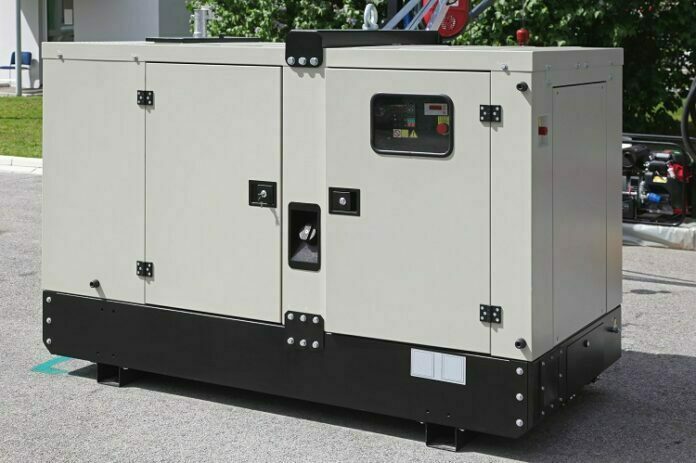A typical household in the UK loses power once or twice a year. But that’s not all. Some power outages can last for days or even weeks when they are caused by extreme weather or transformer blasts.
When a situation like that happens, you can experience a lot of inconveniences such as spoilt food, frozen pipes, flooded basements, and even moldy. An excellent generator is what you need to have to mitigate yourself from such problems. Any generator won’t fit the bill, if you have to a new buy one then bestdualfuelgenerator.com is the best place, for 2nd hand choose a generator sold by Bellwood Rewinds.
But how do you choose an excellent generator in the first place? In the next section, you will learn what you need to look for in a generator.
Table of Contents
Wattage
To find the exact wattage you need, they are a few things you need to do. First, you need to add the wattages of the things you will use when an outage happens. Doing so will give you a rough estimate of the size of the generator you need. So take a calculator and start adding the total wattage of your air conditioners, refrigerators, electric cooker, coffee maker, and others. Once you have the exact number, you can add either 500 or 1000 wattages extra. After you have done that, you can choose the generator that will meet your needs.
Type of Generator
They are three types of generators. We have a portable, home standby, and large inverter generators. These three generators have enough output to power your home. You can connect them directly to your home’s circuit breaker. Once connected, you can use all your appliances like microwave, electric cooker, coffee maker, and others. But if you have hardwired appliances like sump pumps, electric ranges, or water heaters, you may need an electrician to help you connect the generator to these appliances.
The type of generator you choose depends on your situation. For instance, if you have occasional power outages you will either need a large inverter or a portable generator. If you rarely lose power, you can buy a midsize or recreational generator. These generators have enough output to run a fridge, space heater, or television. Depending on which type of generator you choose, make sure you have the transfer switch installed.
Safety First
We can’t talk about having a generator without safety concerns. If safety is your biggest priority, you need to buy a portable generator with built-in sensors. The purpose of the sensor is to trigger an automatic shut off if carbon monoxide built up in the space rises to uncontrolled levels. Generators that have these kinds of features are portable and invert generators. The second thing is to operate your generator at least 20 feet away from your home.
Diesel or Petrol Generator
We know that choosing between petrol or diesel models can be confusing or even put you in a dilemma. Your choice will depend on the upfront or long term costs of each option. If you are looking for a long term solution, choose diesel because it will help you save on fuel. Plus, diesel generators can be used regularly. As a rule of thumb, if you need a generator under 10 kVA go for a petrol model. Anything above 10 kVA, you are better off going with a diesel generator.
Conclusion
With the UK power grid becoming less reliable, chances are you are going to experience power outages and, it could occur more often. That means you will be sitting up in the dark, having spoilt food, and not able to use vital appliances in your home for days or even weeks. The bad news is, this is likely becoming a routine in the UK. The best you can do is to ensure you have a generator at your home.




